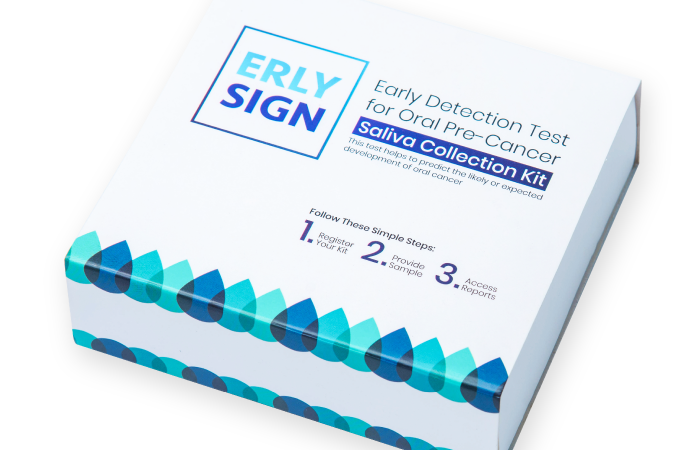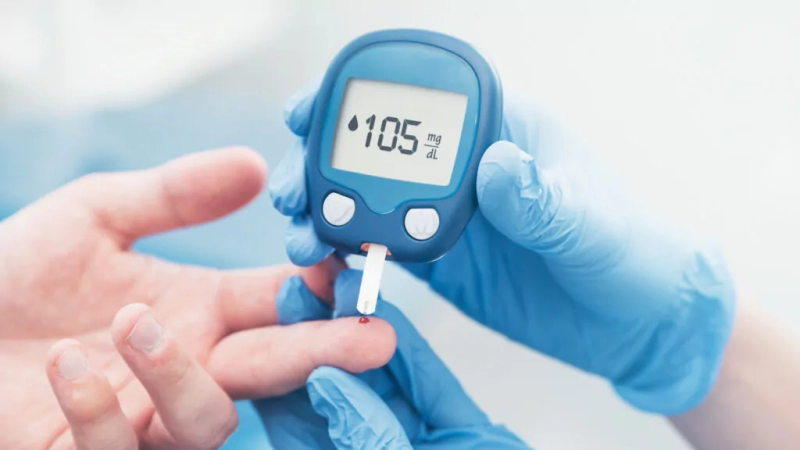ISO 13485 defines a medical device as any instrument, apparatus, implement, machine, appliance, implant, in vitro reagent or calibrator, software, material, or other similar or related article that is intended by the manufacturer to be used alone or in combination.
Registration with ISO 13485 requires the manufacturer to implement an integrative management system which complies with the relevant regulatory requirements and evaluates all aspects of the company’s business process. ISO 13485 is pushing companies to change operating procedures which focus more on patient safety. Companies seeking international markets including India, the ISO 13485 is a prerequisite. Inability to acquire this certificate could result in loss in market share.
By achieving ISO 13485 certification, medical device manufacturers can hope to gain
- Access to markets that recognize or require certification, including Canada, Europe and Asia
- Decrease in operational costs
- Increased customer satisfaction by delivery quality products
- Proven commitment to quality
- Increased transparency while dealing with product recalls, surveillance and handling
Other News
Imports of High-Value Medical Equipment
High-Value Medical Equipment The Central Drugs Standard Control Organization (CDSCO) and the Central Board of Indirect Taxes & Customs have released a new circular, “F.No.401/40/2021-Cus.III,” detailing updated policies on the import of used high-end medical […]
Read MoreSEC Committee: Pioneering Medical Approvals
New important article released by Central Drugs Standard Control Organization (CDSCO) titled “SEC – Special Expert Committee, Medical Devices”. Key highlights include the streamlined processes for CDSCO application evaluations, preparation and significance of briefing materials, […]
Read MoreErlySign Oral Cancer Detection Technology Gets CDSCO Nod
ErlySign, a Nagpur-based biotech startup, has received approval from the Central Drugs Standard Control Organization (CDSCO) to conduct large-scale clinical trials for its novel oral cancer detection technology. The approval for ErlySign follows a rigorous […]
Read MoreAdditional Steps Announced by FDA to Modernize Clinical Trials
The U.S. Food and Drug Administration has made draft guidance available with updated recommendations for good clinical practices (GCPs), which are intended to modernize the clinical trial design and conduct while maintaining data integrity and […]
Read MoreAccreditation and Registration Numbers for Foreign Manufacturers Publication by PMDA
This article deals In accordance with the Pharmaceuticals and Medical Devices Act (PMD Act) of Japan, foreign businesses that wish to produce pharmaceuticals, quackery products, active pharmaceutical ingredients (APIs), or medical devices abroad and import […]
Read MoreBSI New Certification to Mitigate Antimicrobial Resistance Risk in Antibiotic Manufacturing
BSI, the business improvement and standards company, has developed a new certification to mitigate the risk of antimicrobial resistance (AMR) in antibiotic manufacturing. The certification, called the Minimized Risk of Antimicrobial Resistance (AMR) certification, will […]
Read MoreTUV SUD Inspects IVD Medical Devices’ Cyber Security
The growing digital connectivity of medical infrastructure is resulting in complicated systems with a plethora of diverse interfaces that are potentially vulnerable to assault. The IVD requires producers to provide proof of cyber security before […]
Read MoreTGA Supports MHRA’s New Regulations
The TGA made a commitment to support the MHRA‘s new Regulations worldwide recognition framework for pharmaceuticals. Following the UK’s exit from the European Union, a new international recognition framework for medicines has been developed specifically […]
Read More


